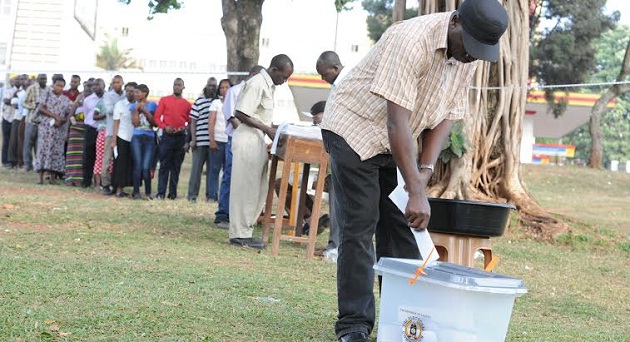The Ministry of Local Government has called on all public servants intending to contest in the 2026 General Elections to resign within the timelines specified by Uganda’s electoral laws.
This directive aims to ensure a smooth transition from public service to political engagement, while allowing government departments adequate time to plan for staff replacements.
In a circular dated April 17, 2025, Permanent Secretary Ben Kumumanya reminded public officers of the legal requirement to resign well in advance of their nomination dates if they intend to seek elective office.
“This is to guide you to take note of the election roadmap by the Electoral Commission, in order to comply with the resignation and retirement timelines,” Mr. Kumumanya stated.
Legal Framework Behind the Resignations
The requirement for public servants to resign prior to seeking political office is not new. It is grounded in both the Parliamentary Elections Act, 2005, and the Local Governments Act, Cap 138.
-
Under Section 4(4) of the Parliamentary Elections Act, any public officer, employee of a government agency, local government staff, or an employee of an institution in which the government holds a controlling interest must resign at least 90 days before nomination day in order to contest for a parliamentary seat.
-
For those contesting for local government positions, Sections 116(4) and (5) of the Local Governments Act require resignation at least 30 days before the nomination date.
-
Presidential aspirants, meanwhile, are required to resign one day before the nomination date.
All resignations must follow procedures outlined in public service guidelines and employment contracts.
“This will enable the government to plan accordingly to replace them,” Mr. Kumumanya added.
Key Resignation Deadlines for 2026 Elections
According to the Electoral Commission’s roadmap for the 2026 General Elections:
-
Parliamentary aspirants must resign by June 13, 2025
-
Local government contenders must resign by August 2, 2025
-
Presidential hopefuls must resign by October 1, 2025 — a day before nominations (October 2–3)
This legal framework helps maintain a clear boundary between public administration and political campaigning, minimizing conflicts of interest and the misuse of public resources.
Julius Mucunguzi, spokesperson for the Electoral Commission, emphasized the importance of compliance:
“Public servants intending to contest should pay attention to the deadlines. They must also obtain evidence that they actually resigned. If they don’t resign within the stipulated timeframe—and it’s proven—their nomination can be canceled.”
Some public servants have already begun stepping down. For instance, Mr. Ofwono Opondo, Executive Director of the Uganda Media Centre, submitted a resignation request to the President on April 19, 2025, to contest for the parliamentary seat representing the elderly in the Eastern Region.
“I have received strong endorsements from colleagues in the NRM, Cabinet, and even from the Opposition. I intend to run for MP for the elderly,” Mr. Opondo said.
Preventing Past Mistakes
In previous election cycles, confusion around resignation timelines led to legal disputes, some of which ended up in court. The Ministry hopes that early communication this time will eliminate ambiguity, uphold the integrity of the electoral process, and give public officers sufficient time to transition without disrupting government operations.
The government is also encouraging private sector entities and media institutions to adopt similar best practices, as journalists and NGO staff are also expected to enter the political arena.
The Ministry’s directive is more than a bureaucratic formality—it reflects a commitment to democratic accountability, orderly governance, and fair elections. With resignation deadlines approaching—June 13 for parliamentary candidates and August 2 for local government aspirants—public servants are urged to act promptly.
“The earlier these officials resign, the better—they don’t want to be caught unaware,” Mr. Mucunguzi advised.
Ultimately, resignation is the first formal step in declaring political ambition. To uphold the integrity of Uganda’s public institutions and democratic process, it must be done in accordance with the law.




















